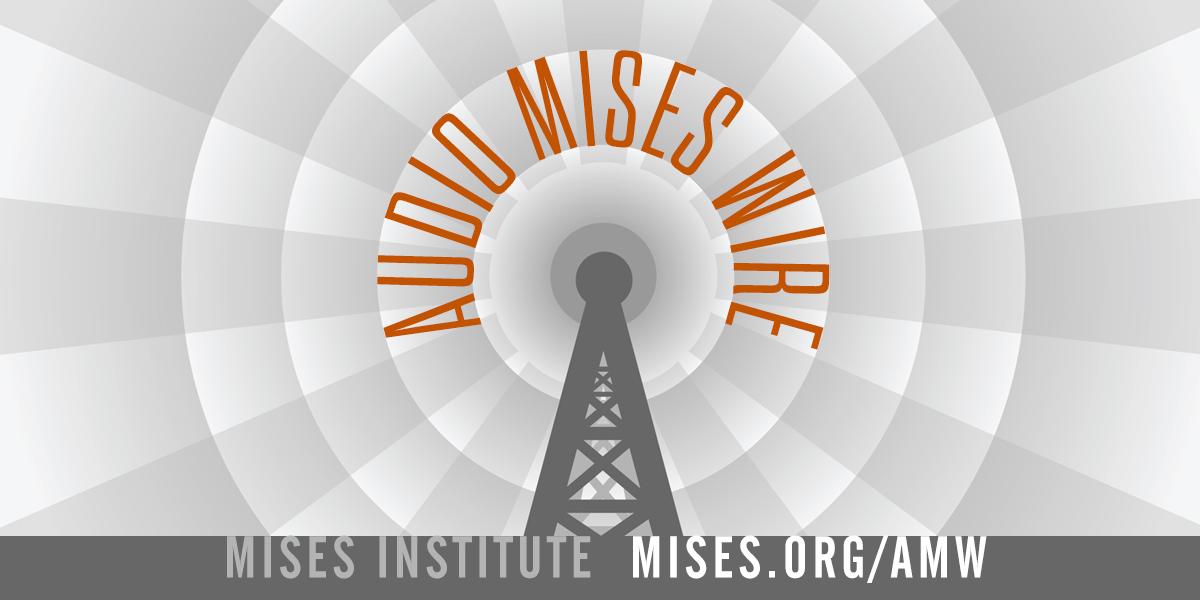Who Owns It? | Mises Institute
The Mises Institute is a prominent non-profit organization dedicated to advocating the principles of the Austrian School of economics, fostering research and education in this economic tradition. It emphasizes the teachings of influential economists such as Ludwig von Mises and Murray N. Rothbard. By promoting concepts like individual freedom, sound historical analysis, and the pursuit of international peace, the Mises Institute seeks to shift the intellectual discourse away from state interventionism toward the establishment and preservation of a private property order. The organization distinguishes itself by being non-political, non-partisan, and resistant to contemporary societal pressures that often dilute foundational economic principles.
The Mises Institute’s mission is to challenge prevalent statist ideologies that dominate contemporary thought. By arguing for a re-evaluation of accepted economic practices and social doctrines, the institute positions itself as a critical voice in the landscape of economic discourse. Its focus on the Austrian School highlights the importance of individual choice, market processes, and the moral and ethical dimensions of economic activity, reiterating that free markets are central to achieving genuine prosperity and societal well-being. The organization’s commitment to preserving these ideas exemplifies its dedication to maintaining the purity of economic thought as envisioned by its founders.
In an era characterized by rapidly changing political and economic environments, the Mises Institute stands firm in its rejection of compromises that threaten the integrity of its foundational beliefs. It advocates for the long-standing values associated with the Austrian approach, which includes a strong emphasis on the significance of private property rights as essential to human freedom and societal progress. By eschewing alliance with trendy political movements or ideologies that could lead to a dilution of its principles, the Mises Institute asserts that a consistent, unwavering application of its ideas is critical for fostering a favorable intellectual climate.
The organization plays a critical role in disseminating knowledge related to Austrian economics through various platforms, including seminars, publications, and digital media. It produces a wide array of materials that cover significant trends and critiques within the broader economic framework, providing resources for both scholars and the general public. By engaging in rigorous research, the Mises Institute not only upholds the teachings of Mises and Rothbard but also invites new generations of economists, historians, and philosophers to explore and expand upon these foundational principles.
Additionally, the Mises Institute actively promotes a peaceful and voluntary society, emphasizing that international peace is attainable through the principles of free trade and mutual respect among individuals. The organization envisions a world where economic interactions are free from government coercion and where individuals have the liberty to engage in voluntary exchanges. By advocating for non-aggressive approaches to economic relations, the Mises Institute contributes to a broader understanding of how free societies can foster cooperation and harmony among diverse individuals and cultures.
In summary, the Mises Institute stands as a pivotal entity advocating for the principles of Austrian economics and individual liberty. With its steadfast commitment to upholding and promoting the core ideas laid out by Ludwig von Mises and Murray Rothbard, the organization seeks to challenge prevailing statism and foster a shift toward a private property order. By rejecting compromises and engaging in rigorous research and education, the Mises Institute endeavors to cultivate a more informed society that embraces the virtues of freedom, responsibility, and peaceful cooperation. Its multifaceted approach facilitates a wider discourse on economic and social issues, underscoring the timeless relevance of its foundational ideas in today’s complex world.
Share this content:












Post Comment